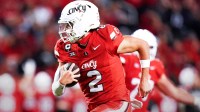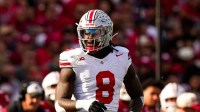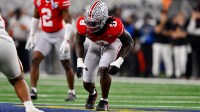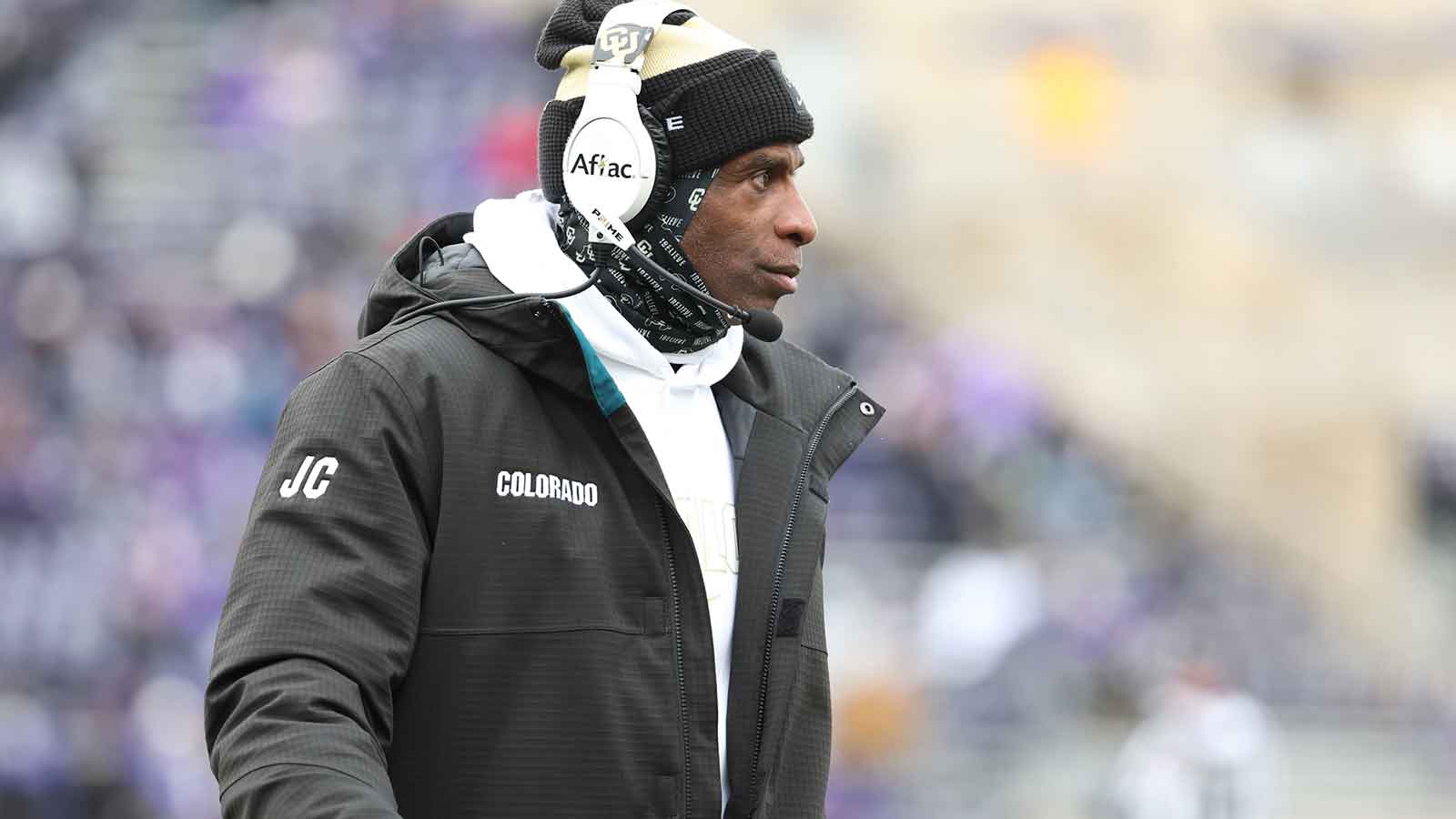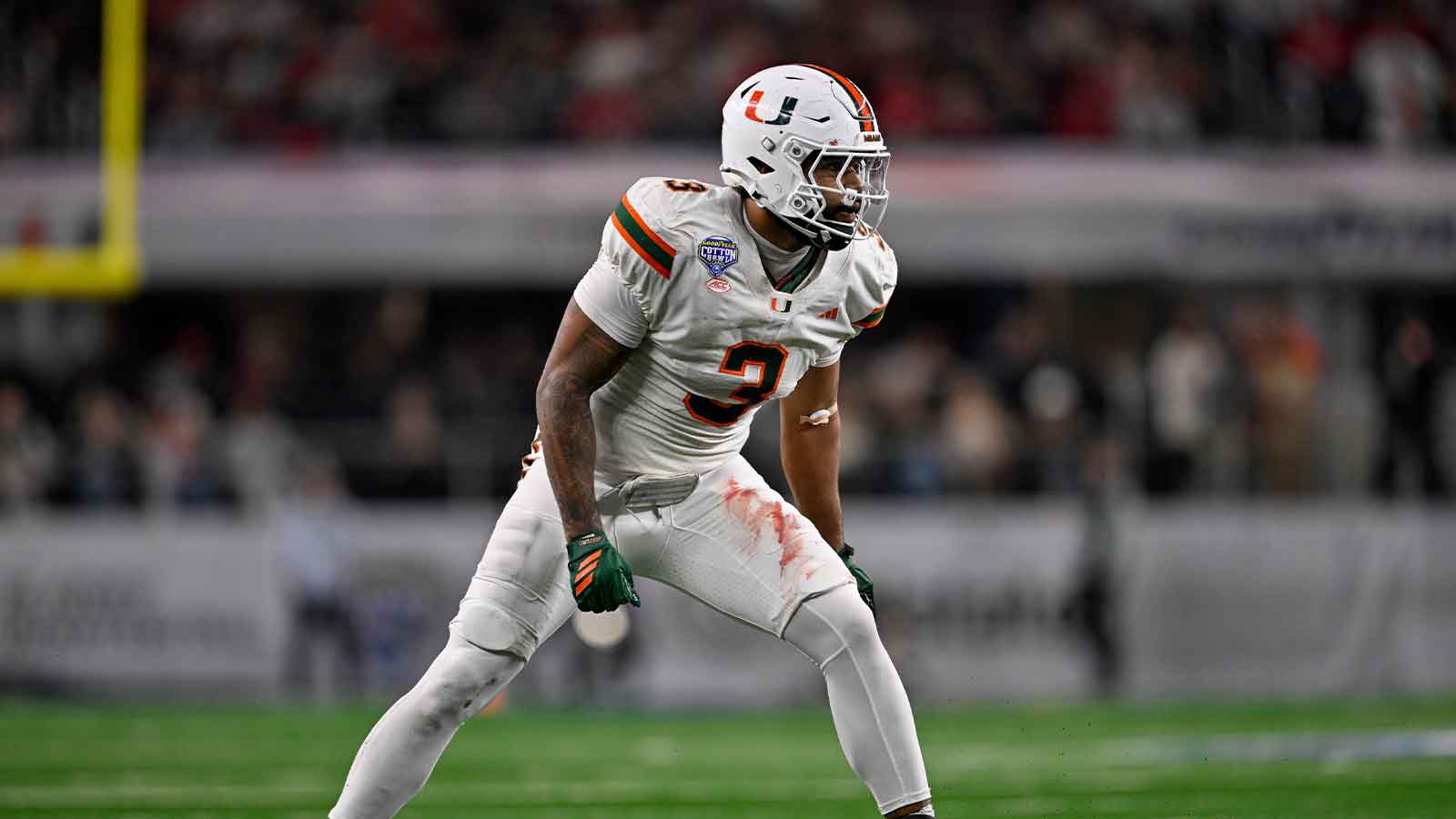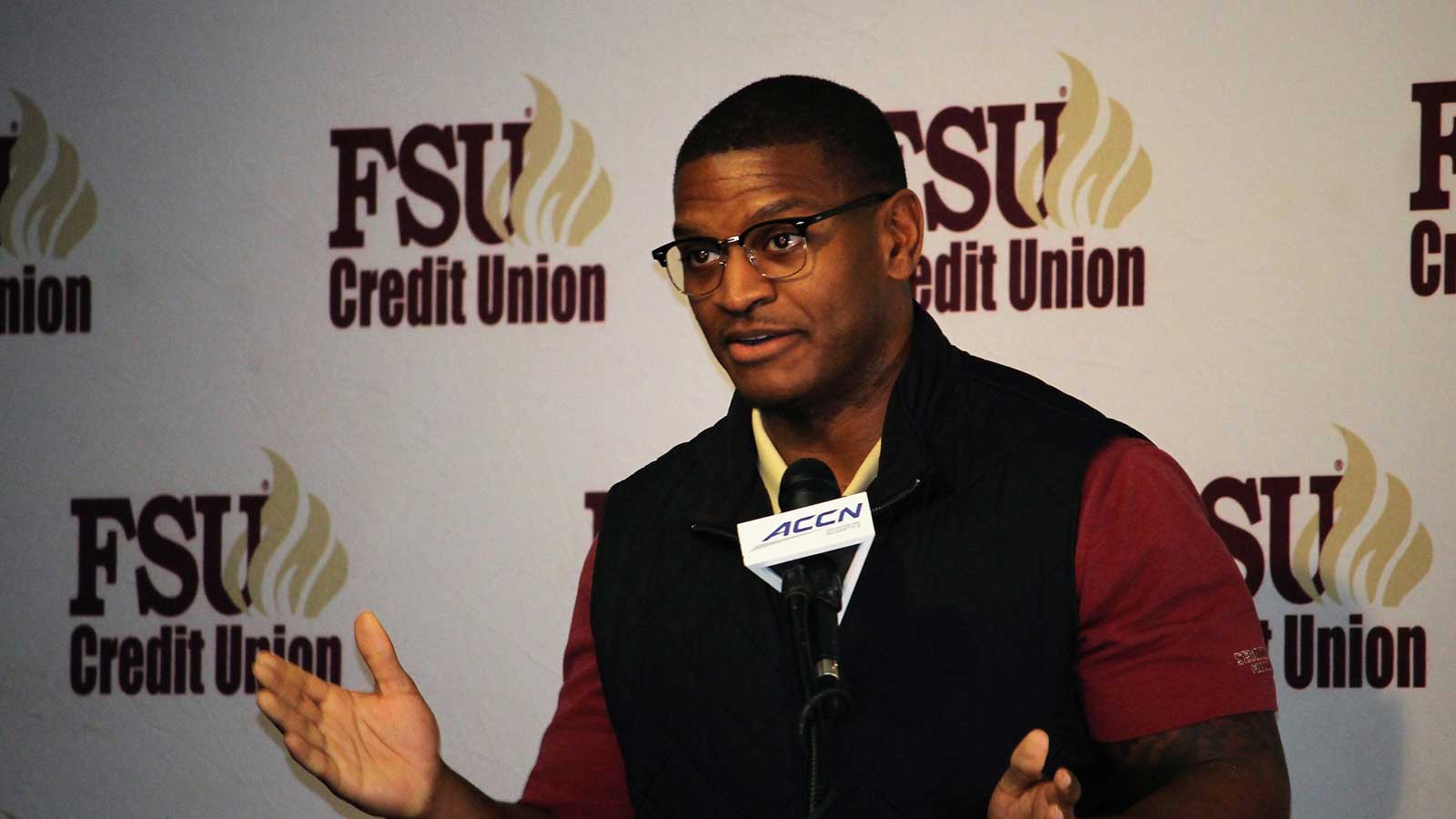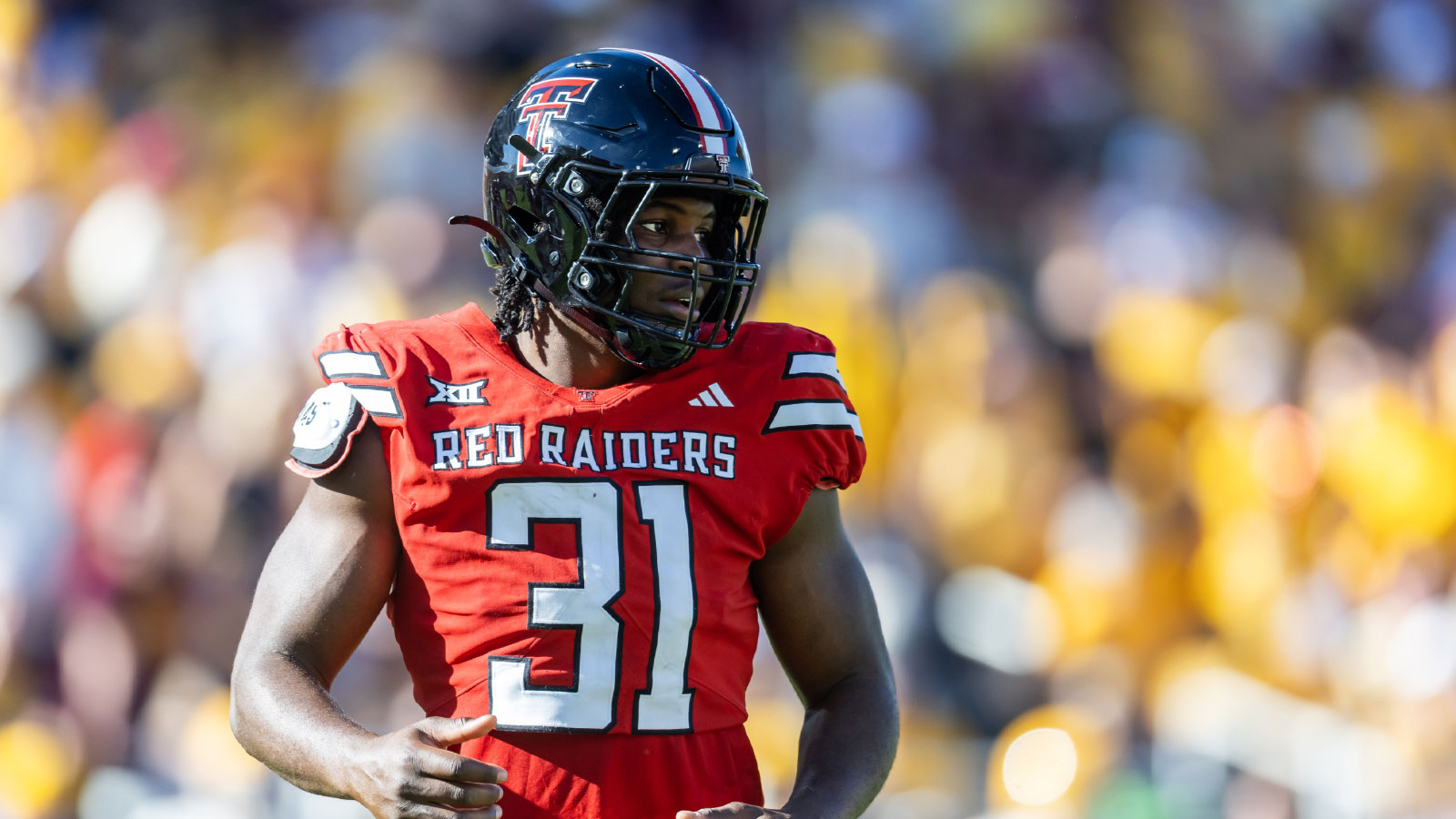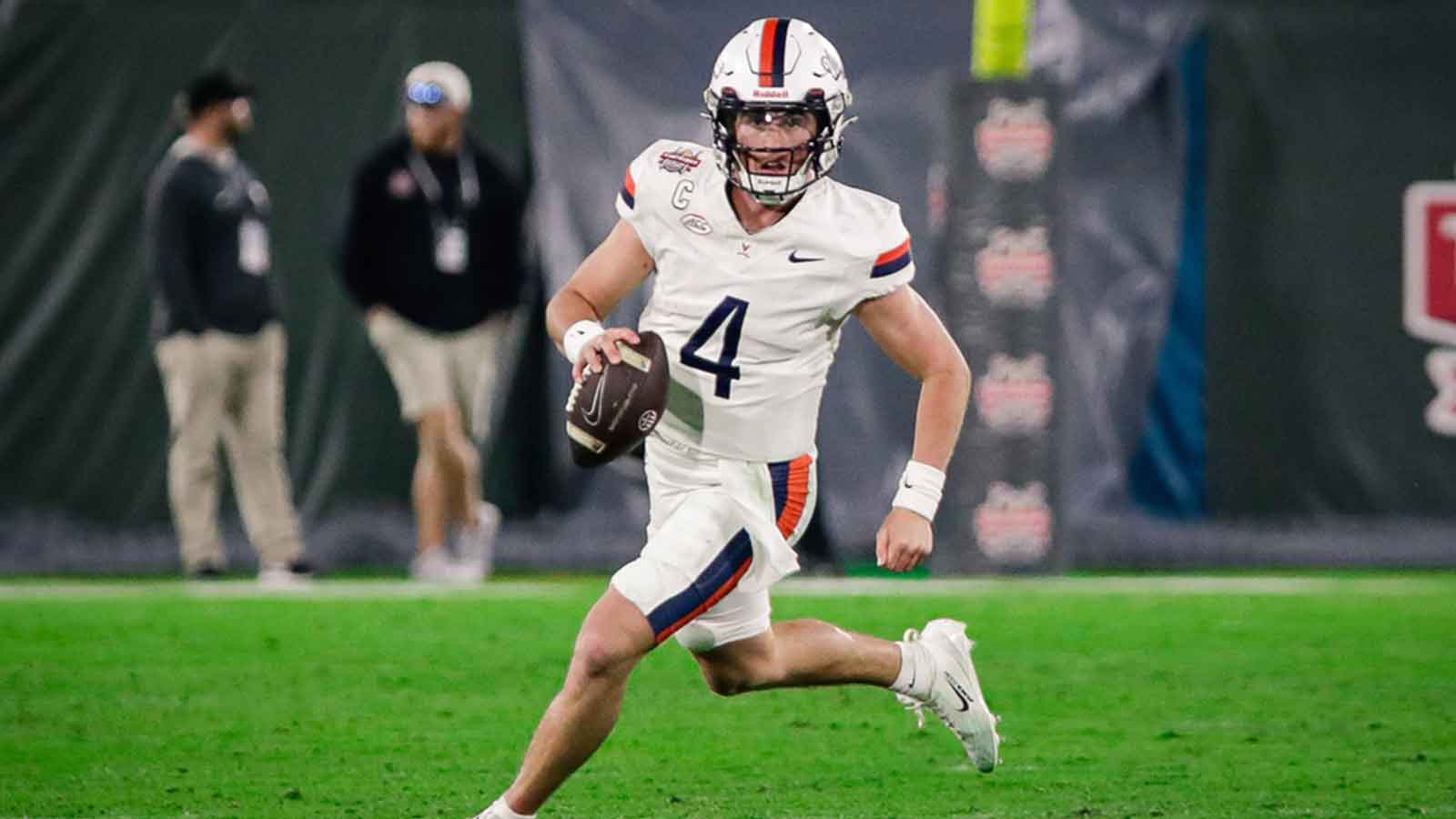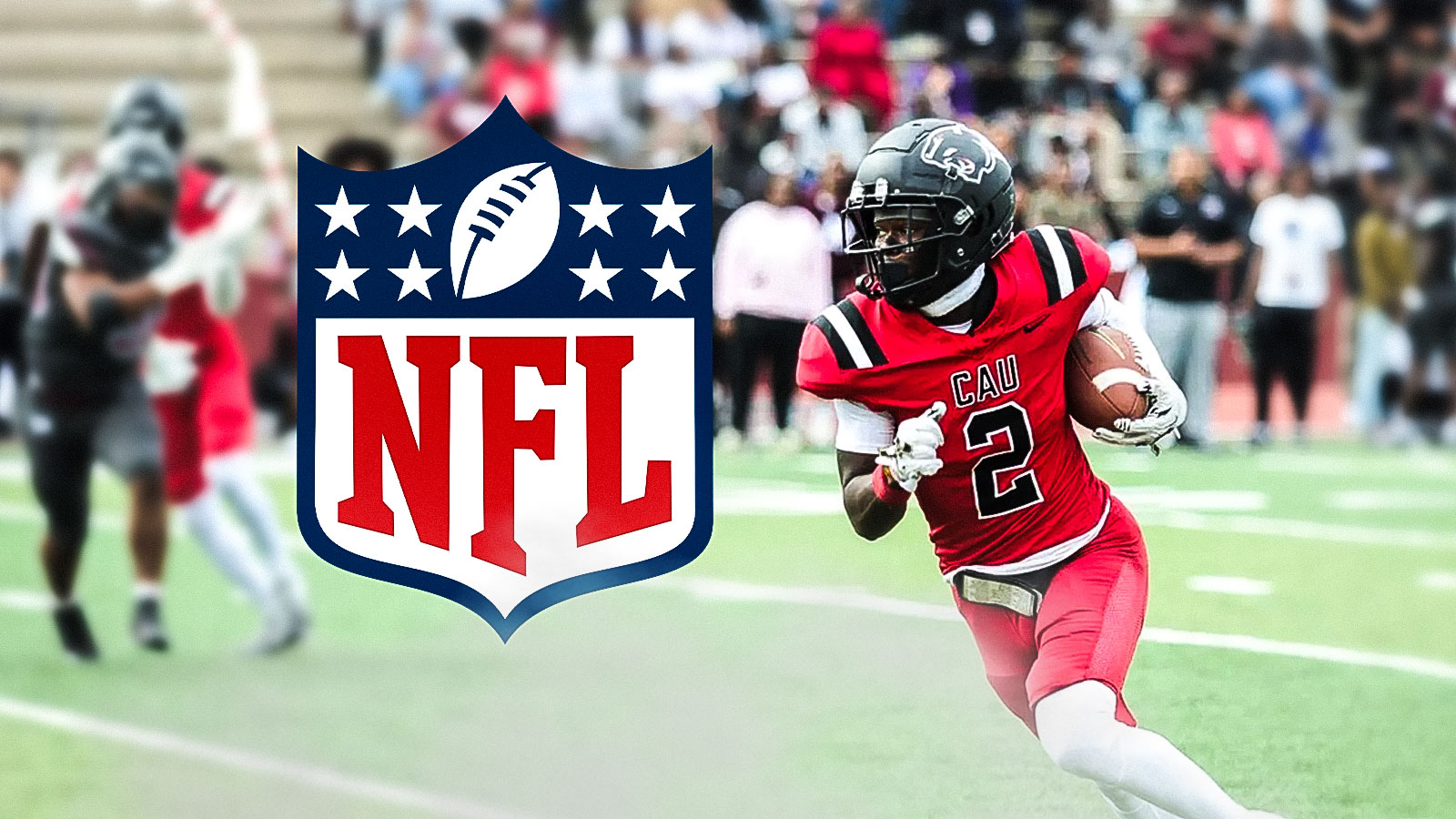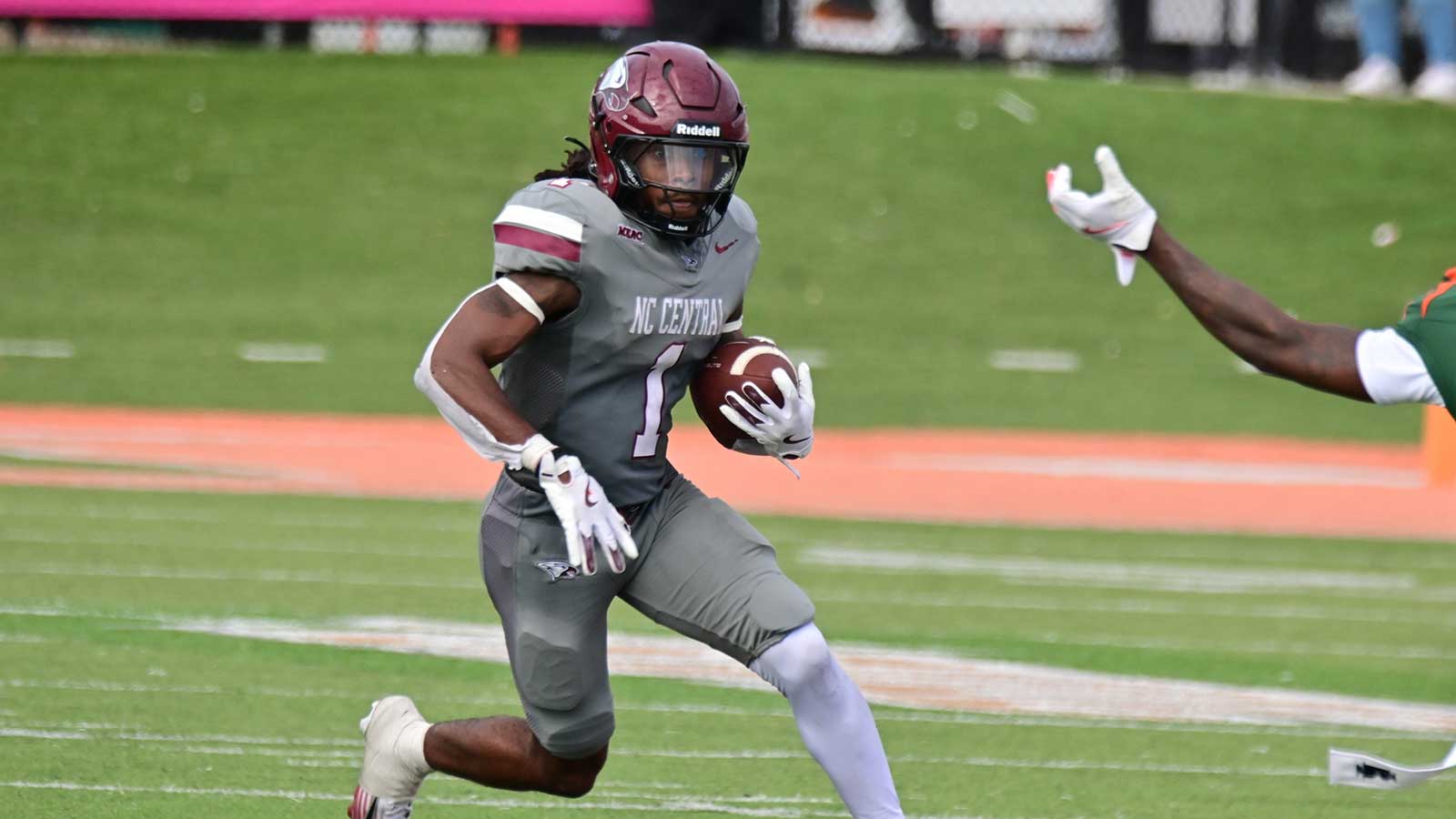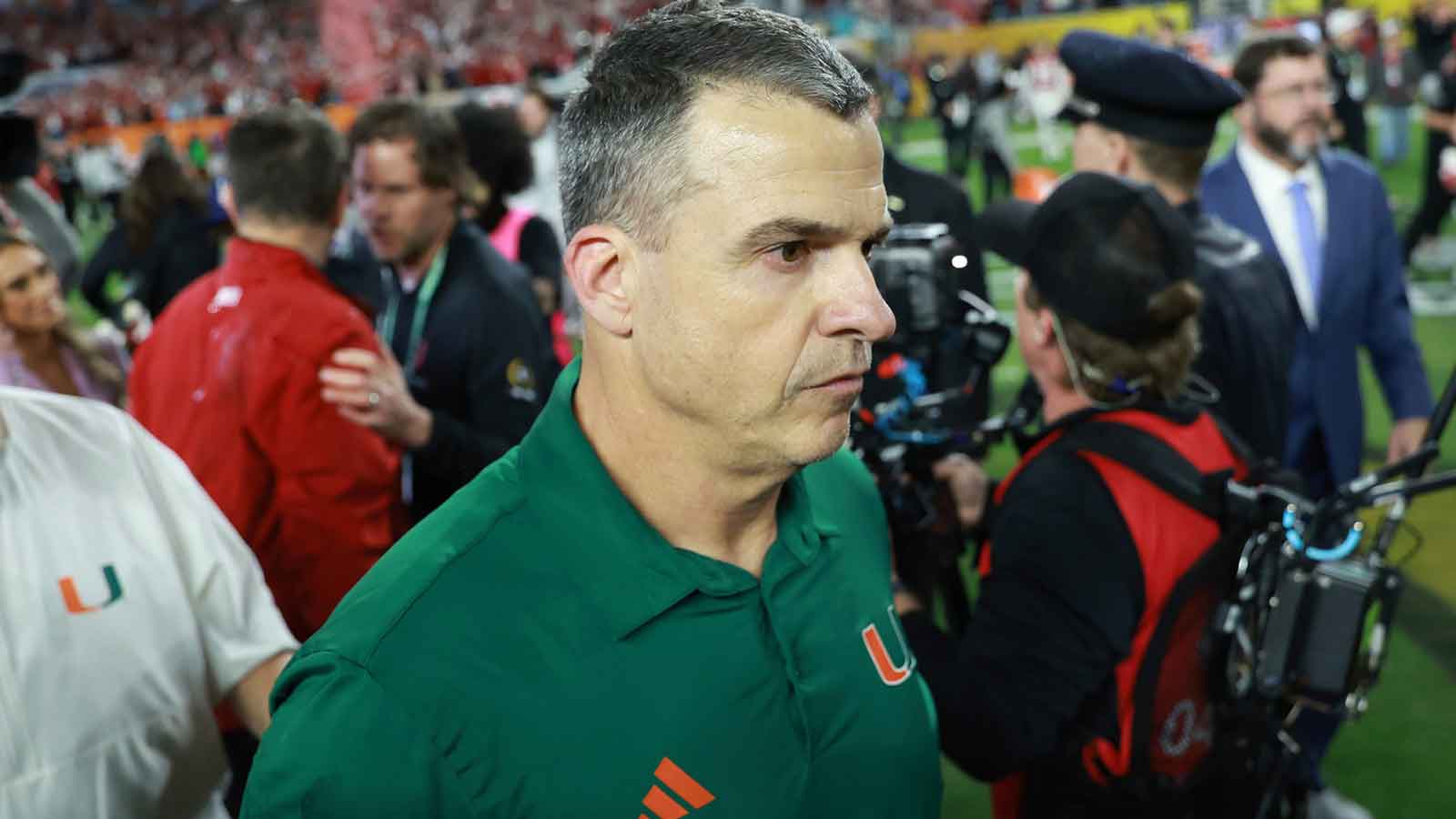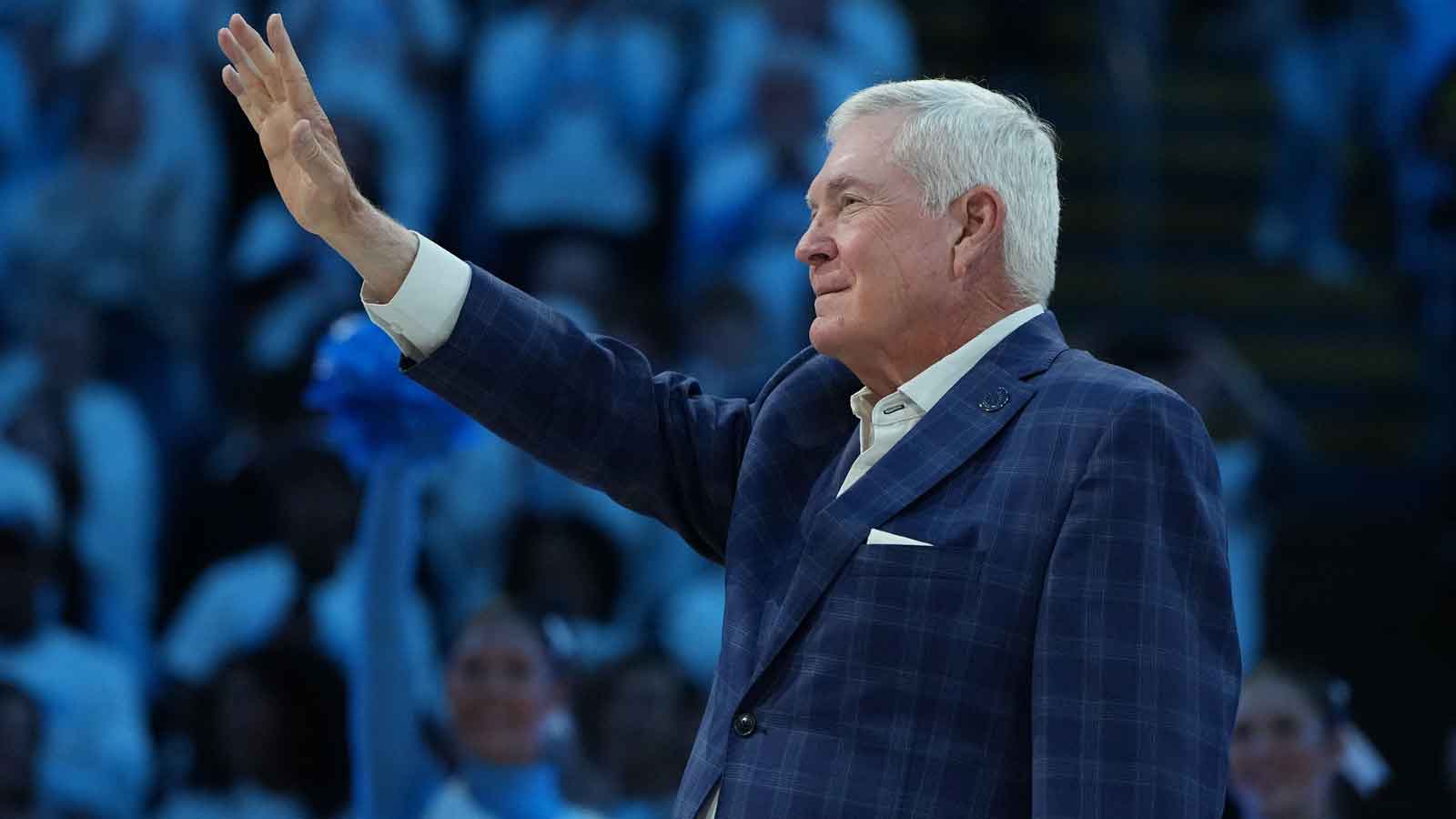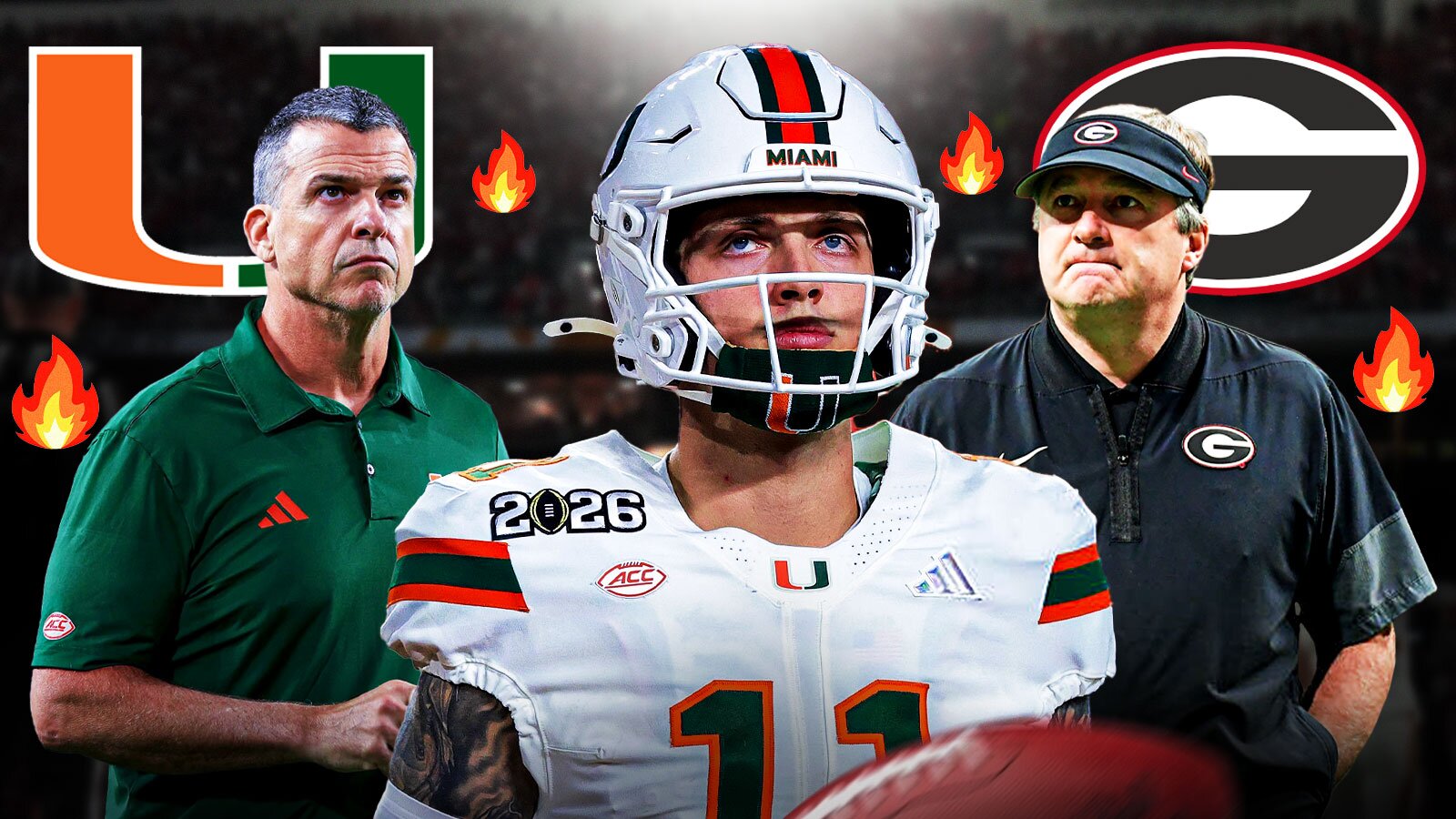Chances are, if you're Jewish and have ever questioned why you don't go to school or work on Yom Kippur, you've been told the story of Sandy Koufax not pitching on the holiest of Jewish holidays during the 1965 World Series. Now, a new generation of Jews has an alternate, more controversial sports metaphor to consider — that of BYU's Jake Retzlaff.
Retzlaff has been gaining a lot of media attention lately — he's the only Jewish quarterback in the FBS, and the school he plays for happens to be a predominantly Mormon university. It's largely a feel-good story about inclusivity and embracing interfaith commonalities.
Retzlaff, who received no scholarship offers after graduating from his Corona, California high school, excelled at two junior colleges before getting a transfer offer from BYU, and now has the Cougars off to their best start since 2000 (6-0), and they're ranked 14th nationally and climbing. They've also got a legit shot to make the inaugural 12-team College Football Playoff.
The school loves him and Retzlaff showers that love right back. Retzlaff proudly wears his Star of David necklace, even during game day, and his teammates have affectionately given him the nickname “BY-Jew”.
But the Monday morning quarterbacking surrounding Retzlaff after his big 41-19 win over Arizona this past weekend concerns his decision to buck with Jewish tradition and play during the High Holidays.
Traditionally, Jews are supposed to abstain from work or physical activity on Yom Kippur, also known as the Day of Atonement, to instead focus on fasting, prayer, and repentance.
That's what Sandy Koufax did when he was scheduled to pitch in Game 1 of the 1965 World Series, even though Koufax described himself as a non-observant Jew. He was proud of being Jewish though, and felt not pitching on Yom Kippur was the right thing to do.
That decision has largely set the standard for Jews everywhere for the past nearly 60 years as a model to follow on the high holidays — if the best pitcher in baseball refused to play on his most important stage, shouldn't everyone else do the same in their respective fields?
Now Retzlaff has decided to follow a different path, and he's not shying away from his decision. In a recent College Gameday piece on the BYU quarterback, Retzlaff said of playing on the holiday, “It’s going to be a special day that there’s a Jewish kid playing football on Yom Kippur because if that makes headlines, that means I get to be another light for somebody else.”
“And that means I have to win,” he added.
“He might get a lot of criticism from this,” his mom Maxanne admitted. “But we’ve taught them to be part of both worlds.”
“That’s the way he can best contribute to the community that he’s in right now,” she added.
Granted, Retzlaff's situation may have arguably been even trickier to navigate than Koufax's. Koufax was playing for a team in a city with a large Jewish population, plus he was missing just one game in a best-of-seven series. And sure enough, after the holiday, Koufax went on to pitch heroically for the Dodgers — leading them to the World Series title after pitching a Game 7 gem.
Retzlaff is one of only three Jews currently enrolled at BYU, and every game in the college football season is important, especially for a team like the Cougars, which might need to run the table to have a shot at making the playoffs.
Retzlaff even brought up the Koufax comparison himself in a recent CBS Sports profile.
“Somebody asked me last year about the Sandy Koufax story… and they asked, like, would you do something similar? Like, if we had a game on Yom Kippur, would you sit out?” Retzlaff admitted.
“And I'm like, I can't see myself doing that because on the field is where I find so much sanctuary, where I… find the feeling of God behind me and what I'm doing,” he added.
Retzlaff seems to be arguing that how someone observes their faith is a very personal and independent decision. Sandy Koufax chose one path, but that doesn't mean Retzlaff can't choose another.
One thing is certain though — if Jake Retzlaff keeps playing like he is now, his legend in the Jewish community and beyond is going to continue to grow, and this may not be the last time in his career he faces the Yom Kippur decision.






